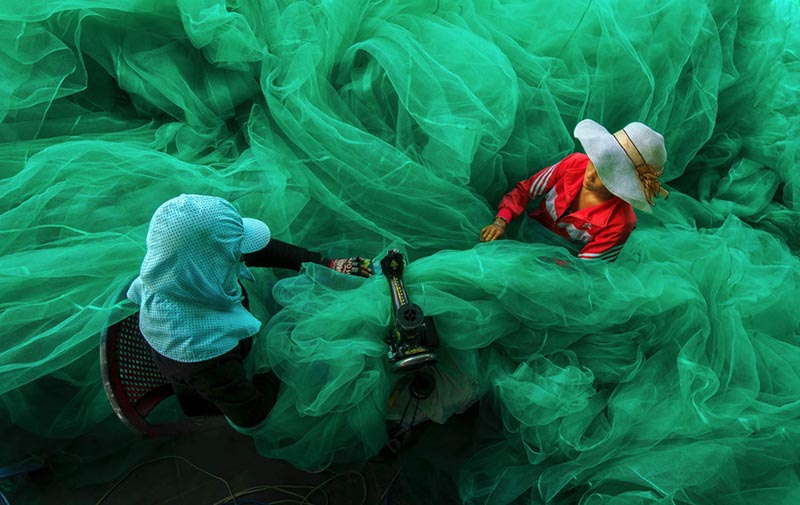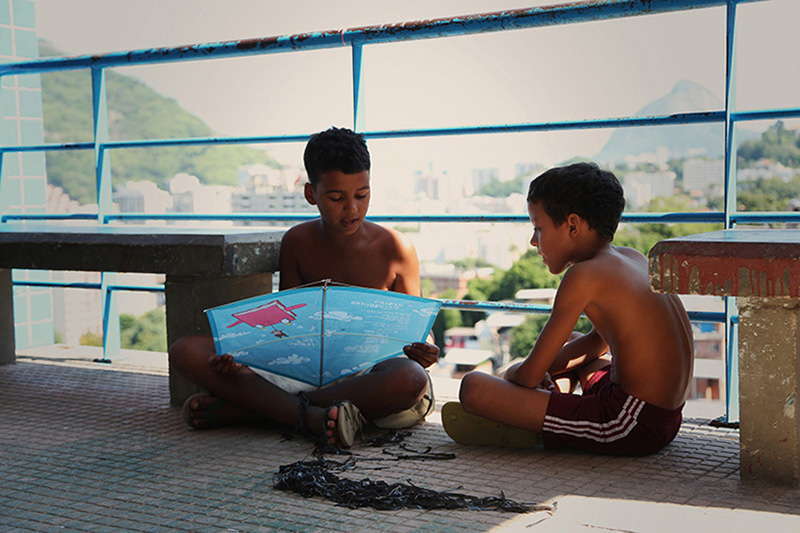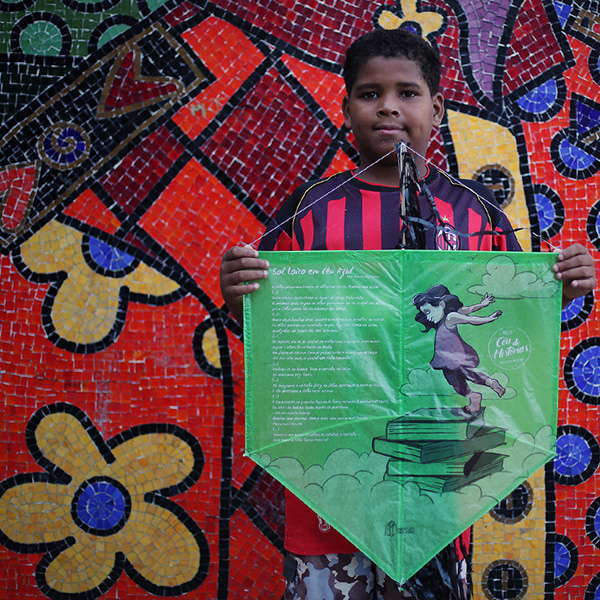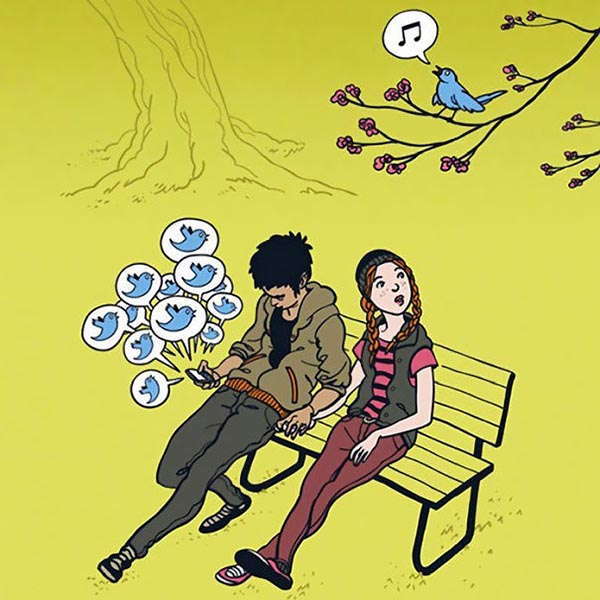
Women of a small village near Vinh Hy Bay, Vietnam, sew a fishing net. Photographer: Pham Ty Source: The Atlantic
Winners Of The 2014 Smithsonian Magazine Photo Contest Announced

Reading in the National Library of China in Beijing. Photographer: Yilang Peng. Source: The Atlantic
This year, Smithsonian Magazine editors received over 26,500 entries for their annual photo contest. Just this week, the magazine announced 2014’s winners in each competition category, being: the Natural World, Travel, People, Americana, Altered Images and Mobile. Given the high quality and diversity of all the shots, we have a hard time fathoming how they arrived at their decisions. See more at The Atlantic.

Holy Week celebrations in Acobamba, Tarma, Peru. Photographer: David Martín Huamaní Bedoya. Source: The Atlantic
Brazilian NGO Promotes Child Literacy Through…Kites

Source: Design Boom
In Rio de Janeiro, Brazil, a child’s ability to read is often correlated with his or her family’s income level. That’s why, when encouraging literacy programs within the city, NGO Instituto Pró-Livro looked to the favelas, or Brazil’s urban slums.
As Pró-Livro employees learned, many of the families living within these neighborhoods don’t keep books at home. And thus the NGO was faced with a formidable challenge. How do they go about promoting literacy in areas where there aren’t any books, or where books aren’t seen as “valuable”? They found an answer in local pastimes–specifically, flying kites.
Famous Brazilian writers offered their stories and illustrations to Pró-Livro, which the organization then transferred to kites. Pró-Livro sent 500 story-covered kites into Rio’s Santa Marta community, where kids would send the kites in the air, cut the strings, and then clamor to read their “secret” stories aloud and to friends. So far, the initiative has yielded remarkably positive results.
Of course, one NGO’s efforts are not going to do much to solve the systemic problems that create the devastating relationship between poverty and illiteracy. But making the act of reading seem fun and immersive is not a bad start. Learn more at Design Boom.

Source: Design Boom
20+ Sadly Accurate Cartoons On The Rise Of Smartphones And The “Death” Of Conversation

Source: Bored Panda
The smartphone is fraught with paradoxes: as it connects millions of people, it also “disconnects” them from daily life. More knowledge is at our immediate disposal than ever before, and yet our ability to pay attention to it seems to be diminishing. Moreover, it doesn’t necessarily seem that increased capacity or access has resulted in increased awareness or a “smarter” society–however measured. Seemingly meant to aid in our everyday affairs, the smartphone seems, at least for some, to govern them.
While the smartphone’s psychological effects are still being determined, cartoonists have taken no time in poking fun at its more insufferable users. Have a look at some of their renderings at Bored Panda.

Source: Bored Panda

Source: Bored Panda




